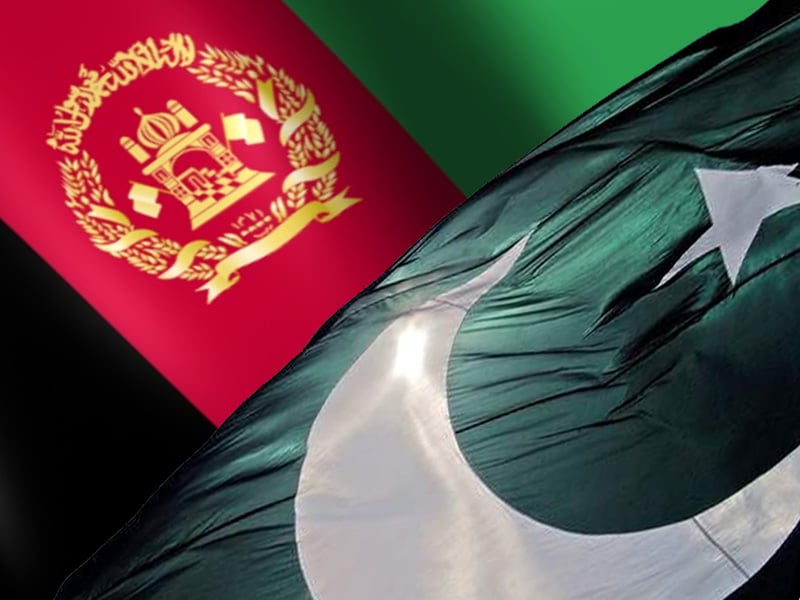
ISLAMABAD:
Discussing the possible impacts on Pakistan after the imminent drawdown of Nato forces from Afghanistan, a parliamentary panel has underlined the need for a firm policy in relations to Afghanistan and to secure the Durand Line.
The proposals were floated by the Senate Standing Committee on Foreign Affairs after having a public hearing over the subject in which experts and citizens gave their input.
After mutual consensus, the participants also proposed that Pakistan should prepare itself in advance for possible repercussions and effects of the Nato pullout, address needs and grievances of the people of Federally Administered Tribal Areas (Fata) and have a neutral foreign policy on Afghanistan.

They also highlighted the dire need for internal reconciliation in Afghanistan and Pakistan. Pakistan must facilitate reconciliation talks in Afghanistan, when and if asked to do so, and all regional communities must be involved for peace in the region, they proposed.
The committee’s chairman Haji Adeel said currently there were 3.7 million Afghan refugees, living in various cities of Pakistan. He was of the opinion that if there is peace in Afghanistan after the Nato withdrawal, the Afghan immigrants might be asked to return to their native country.
“However, if Afghan warlords become active once again after the withdrawal then we can expect a greater influx of immigrants,” he said.
He said loss of lives, infrastructure and peace as a result of terrorism was alarming, adding that 5,000 schools have been destroyed in Khyber-Pakhtunkhwa (K-P) due to militancy.
A foreign policy expert Asfandyar Khan said Afghanistan must accept the Durand line as an international border. He proposed that Pakistan should allocate a big budget for border fencing, setting up maximum possible check-posts and policed border crossings.
“The monitoring of people crossing the Durand Line and fencing of international border will also benefit Afghanistan. Militants and terrorists will possibly find it difficult to cross into Pakistan or vice-versa,” he added.
He said use of biometric system at Durand Line was opposed by Afghans; however, internal and regional security is more important than the wishes of Afghan government and its people.
“In their hearts, Afghans do not accept international border between the two countries. Afghanistan has not focused on repatriation of Afghan refugees from Pakistan and it may be related to the fact that it has never accepted the international boundary,” he said.
During the hearing, Inter-Service Intelligence (ISI) former director general defended Pakistan’s Afghan policy during the 80s against the USSR.
Published in The Express Tribune, November 4th, 2014.
COMMENTS (1)
Comments are moderated and generally will be posted if they are on-topic and not abusive.
For more information, please see our Comments FAQ


































































of course we don't recognized that British imposed border among Pashtuns, blood can't be divided by borders. We've the same language, culture, music, forefathers. It's all about time and it's ticking. Only the educated Pashtuns can decide on their future, no one can enforce, ask the brits!